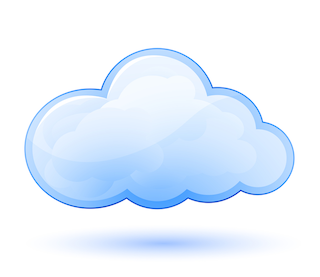Cloud computing as a branch of the fourth industrial revolution shapes how healthcare providers – physicians, clinics, and hospitals – dispense care to their patients. The rapid uptake of the cloud as an innovation in healthcare has enabled hospitals to streamline their internal operations at an unprecedented pace.
Healthcare in the cloud has revolutionized the storage of electronic health records. This has been achieved by hospitals shifting from on-premise data storage to outsourced, offsite cloud storage. Trusted third-party partners like Edafio Technologies allow healthcare systems to redefine their storage by relying on secure, outsourced storage and automatically shifting this storage burden.
Two forces shape the dynamic shift from onsite to offsite storage. The first is the business imperative to cut operational costs, and the second is the pressing need to improve the quality of care. Hospitals as private entities look forward to cutting expensive operating costs. This is partly achieved by outsourcing smart innovations as cloud storage. At the same backdrop, hospitals look forward to extending the best quality care that responds accordingly to patient needs or simply patient-centered care.
Reconciling these competing interests demands that hospitals and healthcare systems reconsider changing their infrastructures towards IT-driven ones. You may want to ask, how has healthcare in the cloud opened a window of opportunity for healthcare providers? What, precisely, are the opportunities afforded by healthcare in the cloud?
Easy Data Access and Sharing
Easy sharing of, and access to quality patient-centered data, is an essential part of building a healthcare system that responds to today’s on-demand needs. Credible research identifies that hybrid cloud deployment by healthcare providers is expected to reach 47% in 2021 from 19% in 2019. This rate implies that the cloud is transforming healthcare in unimaginable ways.
Cloud computing allows hospitals to abandon their old and outdated software systems that are repeatedly patched and embrace outsourced storage functions. Healthcare in the cloud allows for easy data access and sharing. Outsourcing this storage function from trusted providers enables healthcare systems to abandon their shaky foundations, avoid costly errors, and achieve operational efficiency.
Remote Communication and Access
Remote access opens multiple opportunities for patients to access on-demand, virtual care. This has enhanced patient safety and improved access to care. Virtual consults and appointments allow patients to access physicians and healthcare professionals, which cuts on hospital visits and minimizes clinic traffics.
Virtual consults allow better infection control due to lower levels of hospital traffic. Cloud computing enables physicians to share patient data with specialists online. It creates room for practitioners to discuss epidemiological patterns pointing to possible causative factors of illnesses. Therefore, healthcare in the cloud has transformed access to quality care through remote communication and access.
Data Integration, Access, and Scaling
Cloud storage provides access advantages, data integration, and unprecedented scaling. A physician with undeterred access to a patient’s clinical data, test results, or prescriptions is well-positioned to identify the proper diagnostic measures and recommend the appropriate treatment plan.
Cloud stores, protects and offers huge datasets that drive decision-making throughout the continuum of care. This, in turn, helps healthcare providers to discover trends, uncover insights and deliver patient-centered care. Up to this juncture, it is clear to see that cloud storage has opened a window of opportunity through data integration, access, and scaling of healthcare operations.
Flexibility
Flexibility is a critically underpinning factor for healthcare providers. With flexible systems, they can scale operations up and down depending on fluctuating demands of healthcare systems. The cloud provides easy, anytime, anywhere access to resources and applications. The cloud also reduces the time for rolling out a new application to deliver healthcare services.
Protecting Health Information
Security and patient privacy is at the center of healthcare service provision. This is because unauthorized access to a patient’s data leads to a data breach, which, in turn, may lead to devastating implications for the healthcare provider. In full realization of the values of privacy and confidentiality and conformity to moral and ethical codes, hospitals are embarking on electronic health records, or simply EHR.
The electronic health record reflects an integrated infrastructure with datasets, information systems, and processes that store and process patient data. Healthcare in the cloud has opened a window of opportunity because hospitals and healthcare systems can use the cloud to secure electronic health records. What is exciting is that cloud storage minimizes marginal errors, vulnerability, or threats exposed to physical, onsite electronic records.
Hybrid Cloud
Due to trust and security concerns, few healthcare providers entrust all their data and storage functions to outsourced third-party providers. Instead, many hospitals opt for hybrid cloud storage. The hybrid cloud model provides a mixture of on-premise, private, and third-party cloud, a platform where different touchpoints exist.
Through the hybrid model, healthcare providers can choose which resources and applications to keep in their data center and the ones to host on the cloud. Cloud storage emerges as a classic alternative to the otherwise costly and error-prone on-premise storage. There is no doubt that the hybrid cloud ranks as one of the finest solutions in cloud storage.
Predictive Medicine
Predictive medicine deals primarily with predicting the probability of an illness. The field also focuses on instituting the necessary measures to prevent diseases from affecting any patient. Cloud computing forms a crucial base for predictive analytics. This is because analytics depends profoundly on available data in the cloud. Healthcare in the cloud has signaled a new wake for predictive medicine.
With predictive medicine, healthcare systems can use existing patient information and diagnostic trends to draw insight into common epidemiological patterns. This analysis may prevent diseases by establishing preventive and diagnostic capabilities. Therefore, with cloud providers like Edafio, you can develop your predictive eye on emergent diseases and illnesses.
Transform your Healthcare System with Cloud Computing
Cloud storage solutions by trusted providers allow data to securely flow at every touchpoint of care, improving patient experiences and outcomes. Through cloud storage solutions, you can accelerate your team’s collaborative experiences in secure settings while simplifying complex healthcare undertakings.
Cloud storage by trusted providers also paves the way for improving health data insight. Health insight broadly entails connecting operational and clinical data to predict risk and mobilize resources for ongoing quality improvement. In retrospect, cloud solutions protect healthcare systems by automating system patching and preventing unauthorized access to protected healthcare infrastructures.








